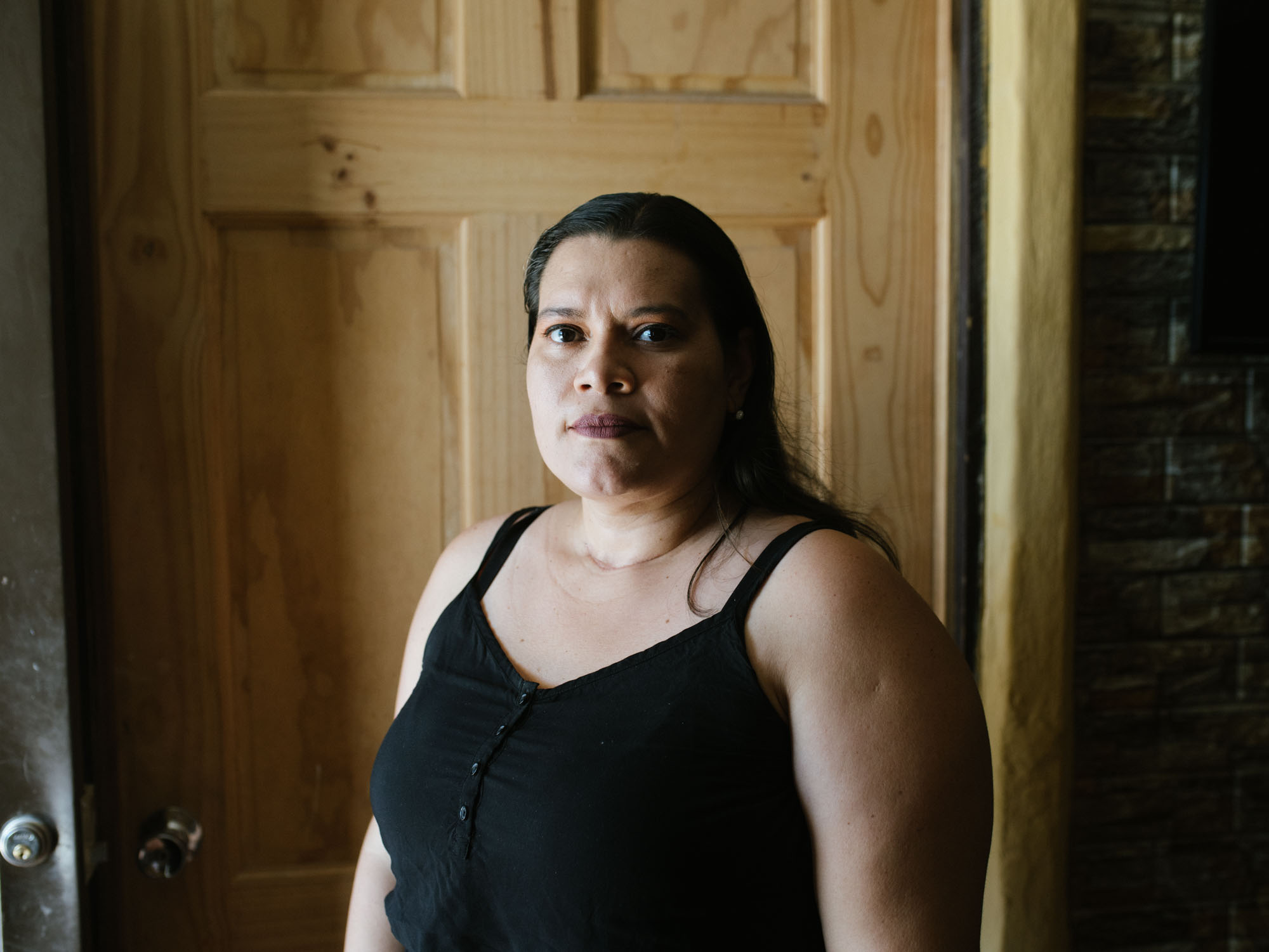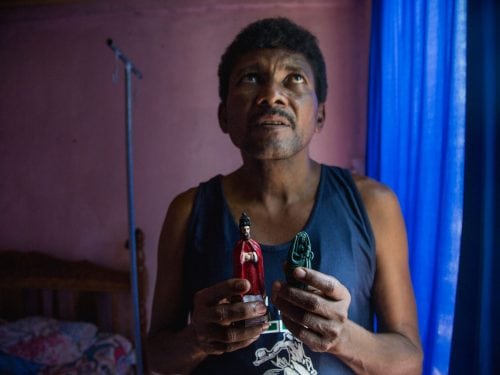
After exams and medical tests in 2023, Elizabeth Platero, a resident of Liberia, heard her diagnosis at the age of 41: thyroid cancer. With that came the concern about how she would receive the necessary treatment.
The Enrique Baltodano Hospital in Liberia, where she goes, did not have the Endocrinology specialty, which would treat Elizabeth’s cancer and other disorders of the endocrine system, such as glands and organs that produce hormones. Due to the urgency of treating her cancer, the case was taken on by a general surgeon.
“Cancer is cancer, we cannot allow it to be overlooked,” Elizabeth recalls the words of the surgeon before starting her treatment and undergoing the series of surgical interventions she had to undergo.
After surviving two operations with the general surgeon and having to go to “Hospital México” to continue with the cancer removal process, her story began to take a turn in February 2024, when the Liberia Hospital opened the Endocrinology service.
Guanacaste was the only region in the country whose hospitals did not have the specialty. In the past, people residing in this province and requiring attention in this branch of medicine, like Elizabeth’s case, had to travel frequently all the way to San José. For Elizabeth, the enormous waiting lists made it impossible for her to receive the iodine therapy she required immediately.
Appointments are scheduled for 7 am, and you have to travel from the day before. The bus ride takes five to six hours. Additionally, I spend money on lodging and food; you can easily spend up to 50,000 colones ($99.89) just to go to one appointment,” Elizabeth recounts.
For the first time since her diagnosis in May 2023, her case will be led by a specialist in the field, who will start her radiation treatment at the Liberia Hospital.
“We saw a significant need. Guanacaste is the only province without the Endocrinology specialty, and here what one tries to do is to find the institution’s blind spots,” explains endocrinologist José Miguel Pérez, in charge of the new service in the region.
According to data from the Costa Rican Social Security Fund (Spanish acronym: CCSS), 60,276 people in the country received attention in the Endocrinology specialty through outpatient consultations in 2023. The institution’s data does not detail how many patients were from the province.
Other findings allow the identification of a need for attention in the region. Last year, according to data provided by the CCSS, 26,200 people with diabetes [a disease associated with the Endocrinology specialty] in Guanacaste received attention through outpatient consultations, while another 15,799 were treated for metabolic syndrome.
For Dr. Pérez, diabetes, besides being one of the most frequent conditions in his office, is also one of the most unattended in the province. “Now that I’m consulting in Guanacaste, I’ve come across a lot of poorly managed diabetic patients who have no idea about what they should eat or how to inject insulin.”
The Ministry of Health determined that around 20 people per day were diagnosed with diabetes mellitus in 2023, a chronic disease that can lead to various complications, including kidney failure.
Although it is one of the most common conditions, obesity, metabolic syndrome, and thyroid diseases are also recurrent and require specialized attention.
Teamwork
At the moment, only Dr. Pérez attends to patients in the province, but his goal is to expand care and training throughout the Chorotega Region through interdisciplinary services.
The idea is to set up several interdisciplinary sessions, one of the first ones we want to establish is a thyroid clinic, which deals with oncological pathology, thyroid cancer,” patients like Elizabeth, who live with this diagnosis, will be able to receive endocrinological care and oncological surgery.
On the other hand, according to the specialist, in a few months, he will work together with the gynecology department to address pregnant women with gestational diabetes, thyroid problems, and other conditions.
“Patients, for example, in my case of cancer, we carry a mental and emotional burden because cancer is not easy. For me, it’s gratifying knowing that I’ll be close,” says Elizabeth with a semblance of hope and gratitude towards what she’s living.







Comments